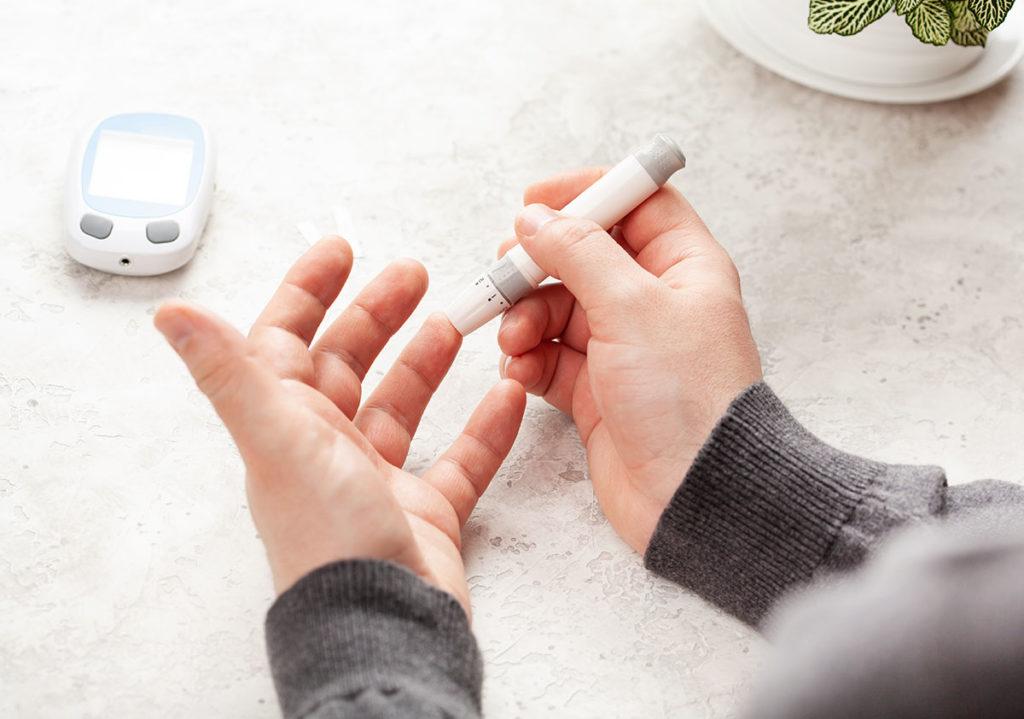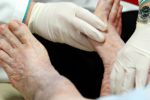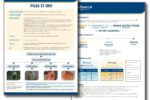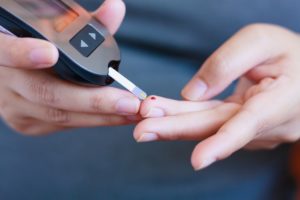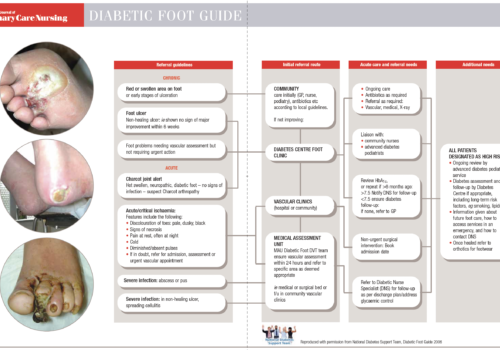Diabetes specialist nurses (DSNs) are usually experienced registered nurses who specialise in all aspects of diabetes care. They work in hospitals and in the community, fulfilling many different roles. As their work focuses on diabetes care they become very knowledgeable in their subject area and are potentially a valuable resource. This article looks at the role of the DSN and how practice nurses can make use of their expertise to improve both patient care and their own diabetes management skills.


